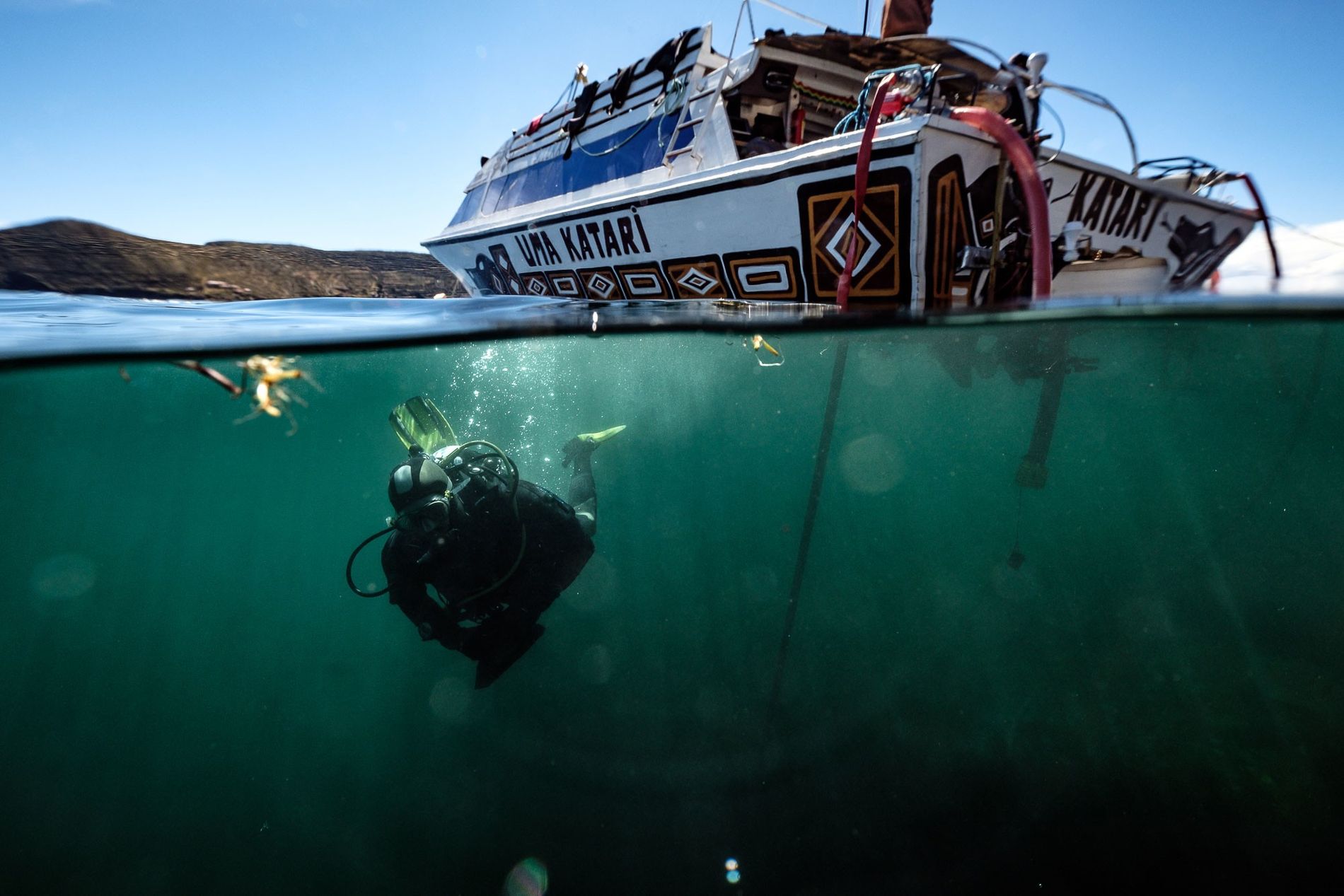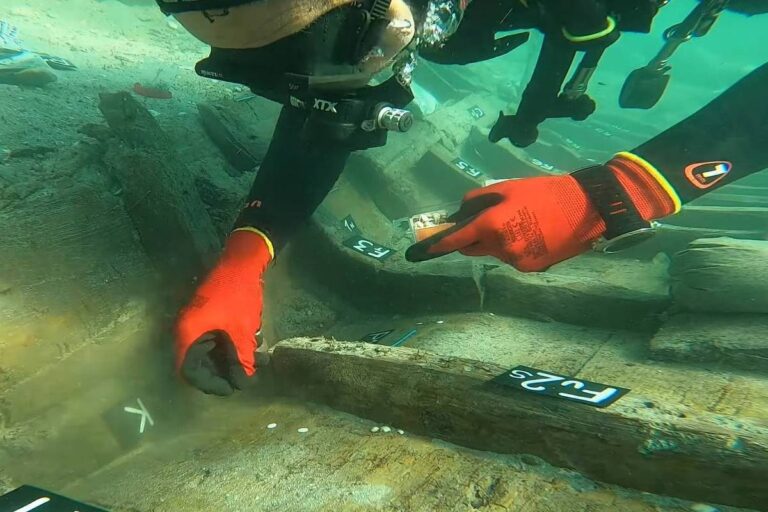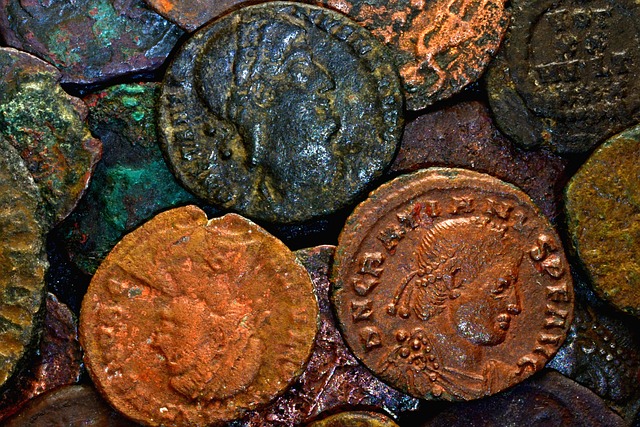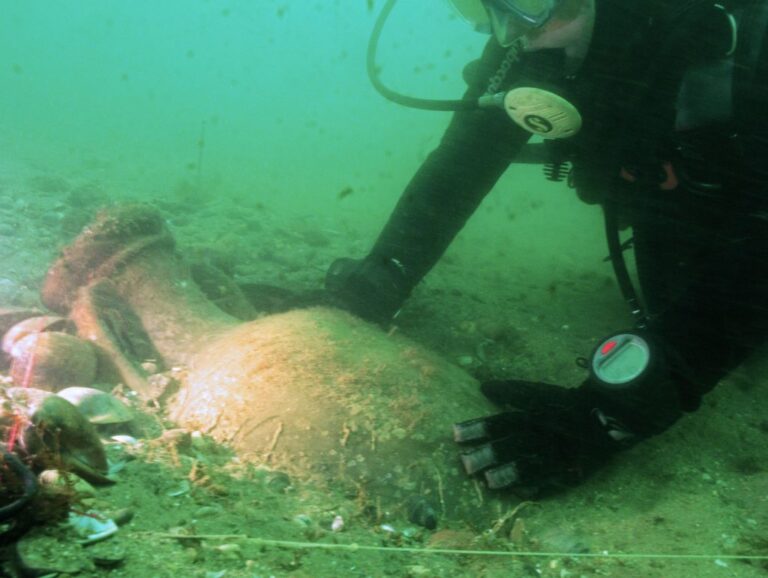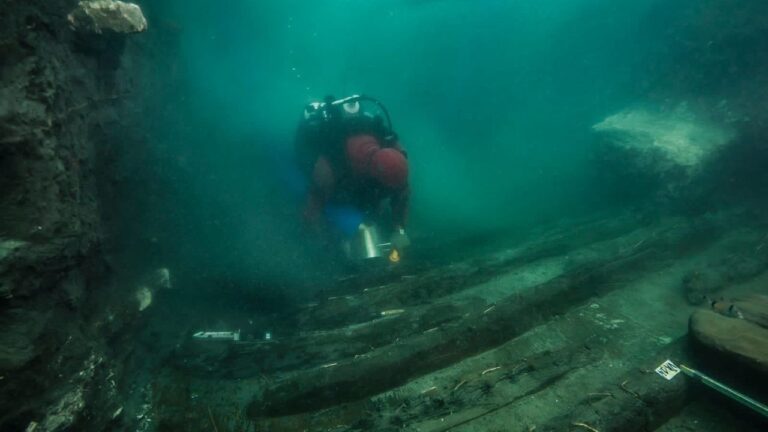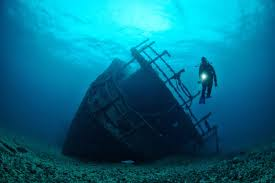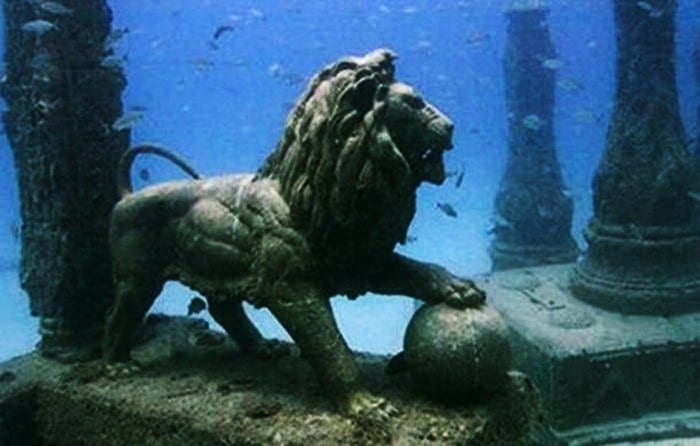From Vasco da Gama to Marco Polo: Unraveling Maritime History
Maritime exploration and trade have played a crucial role in shaping world history, driving globalization and connecting cultures across the seas. Throughout the ages, fearless explorers have ventured into the unknown, navigating vast oceans to discover new lands and establish valuable trade routes. Among these adventurers, two names stand out prominently: Vasco da Gama and Marco Polo.
Vasco da Gama, a Portuguese pioneer, embarked on an epic voyage that forever transformed European trade and colonization. He successfully sailed around the treacherous Cape of Good Hope, opening up a direct route to India. His voyage not only revolutionized world trade but also strengthened Portugal’s grip on lucrative spice markets. Meanwhile, Marco Polo, known as the Silk Road Adventurer, traversed the ancient Silk Road, fostering cultural exchange between East and West. His remarkable accounts of his travels inspired generations of explorers and popularized the idea of exploration as a means of cultural diffusion and trade expansion.
The aim of this article is to delve into the expeditions and achievements of Vasco da Gama and Marco Polo, shedding light on their distinct contributions to maritime history. We will explore the motivations behind their journeys, analyze the impacts of their voyages on global trade and colonization, and compare the factors that influenced their expeditions. By understanding their legacies and historical impact, we can appreciate the lasting effects their discoveries had on global trade, cultural exchange, and technological advancements.
In summary, join us on this fascinating journey as we unravel the maritime history from Vasco da Gama to Marco Polo. Together, we will explore the significant roles played by these explorers, trace their expeditions through treacherous seas and vast trade networks, and appreciate their enduring influence on the world as we know it today. Let’s dive into the captivating world of maritime exploration and celebrate the remarkable achievements of Vasco da Gama and Marco Polo.
Table of Contents
Vasco da Gama: A Portuguese Pioneer
Vasco da Gama was a pioneering Portuguese explorer who left an indelible mark on maritime history. Hailing from Portugal, da Gama was driven by a multitude of motivations, including the desire to establish new trade routes and expand Portuguese influence. His most notable expedition took him around the treacherous Cape of Good Hope in search of a direct sea route to India. This accomplishment was no small feat, as it opened up new avenues of trade and colonization for Europe.
Da Gama’s voyage had profound impacts on European trade and colonization. By establishing a direct trade route to India, he effectively bypassed intermediaries and created opportunities for direct European access to lucrative Asian markets. The resulting influx of wealth fueled the growth of European economies and funded further exploration and colonization efforts. Additionally, da Gama’s successful journey inspired other European powers to embark on their own maritime expeditions, leading to the eventual exploration and colonization of vast regions around the globe.
The impacts of Vasco da Gama’s expedition extended beyond trade and colonization. It sparked a period of intense globalization, as new routes and interactions led to the exchange of goods, ideas, and cultures. Moreover, his voyage contributed to the development of navigational techniques and maritime technology, as European explorers sought to navigate the globe more efficiently and safely. Da Gama’s exploration endeavors paved the way for future discoveries and expeditions, leaving a lasting legacy in the annals of maritime history.
In summary, Vasco da Gama’s journey around the Cape of Good Hope marked a turning point in maritime history. His motivations, courage, and determination combined to establish direct trade with Asia, greatly impacting European economies and initiating an era of exploration and colonization. The cultural, economic, and technological consequences of his achievements continue to reverberate through the centuries, inspiring us to appreciate and explore further the historical importance of maritime discoveries.
Marco Polo: The Silk Road Adventurer
Marco Polo, a renowned explorer and adventurer, had an insatiable curiosity for the East and a desire to unravel its mysteries. Born in Venice, Italy, in the 13th century, Marco Polo embarked on a remarkable journey that would shape his legacy. His travels along the Silk Road opened doors to new cultures, trade routes, and ideas that would leave a lasting impact on the world.
Marco Polo’s fascination with the East was ignited by the stories he heard from his father and uncle, who were both experienced merchants. Determined to see the wonders of the world for himself, Marco Polo set off on a daring expedition that would span over two decades. His extensive travels took him through vast deserts, treacherous mountains, and bustling markets, allowing him to witness firsthand the diversity of cultures and products traded along the Silk Road.
Marco Polo’s writings, collected in his famous book “The Travels of Marco Polo,” played a crucial role in popularizing exploration and trade. His detailed accounts of the places he visited, the people he met, and the goods he encountered captivated readers and sparked their imagination. Through his vivid descriptions, Marco Polo painted a colorful picture of the East and its rich cultural heritage, sowing the seeds of curiosity and inspiring future generations of explorers.
By showcasing the potential wealth and resources of the East, Marco Polo’s writings fueled a surge in European interest in exploration and trade. They provided valuable information on previously unknown lands and sparked a desire to establish direct trade routes with the East. The impact of Marco Polo’s writings extended far beyond his time, influencing famous explorers like Christopher Columbus and Vasco da Gama, who were inspired by his tales of adventure and sought to follow in his footsteps.
In conclusion, Marco Polo’s adventurous spirit, along with his extensive travels along the Silk Road, paved the way for new trade routes and cultural exchanges. His writings not only added to the collective knowledge of the world but also ignited a desire for exploration and trade. Marco Polo’s legacy continues to be felt in the realms of geography, literature, and cultural exchange, reminding us of the enduring importance of his expeditions in unraveling maritime history.
Comparing the Voyages
When comparing the voyages of Vasco da Gama and Marco Polo, several parallels and distinctions become apparent. Both explorers embarked on daring journeys that shaped maritime history, yet their motivations, routes, and impacts were unique.
Vasco da Gama, a Portuguese pioneer, sought to establish a direct trade route to India, bypassing Arab middlemen. In contrast, Marco Polo, the Silk Road adventurer, was driven by a curiosity for the East and its abundant riches. While Vasco da Gama focused on maritime exploration, Marco Polo’s travels were predominantly land-based along the Silk Road.
Technological advancements played a crucial role in these voyages. Vasco da Gama’s success was largely due to advancements in navigation and shipbuilding, enabling him to navigate treacherous waters and withstand long expeditions. Marco Polo, on the other hand, relied on caravans and camels to traverse the vast land territories.
Another influential factor was political support. Vasco da Gama received backing from the Portuguese crown, which greatly facilitated his journey. In contrast, Marco Polo journeyed under the patronage of Kublai Khan and benefited from the Mongol Empire’s extensive network of trade routes.
Cultural exchange was integral to both expeditions. Vasco da Gama encountered various cultures and navigated through diverse territories, encountering Arab, African, and Indian civilizations. Likewise, Marco Polo’s journeys brought him in contact with different cultures along the Silk Road, including Persians, Turks, and Chinese.
The lasting effects of Vasco da Gama and Marco Polo’s discoveries significantly impacted global trade and cultural diffusion. Da Gama’s successful voyage opened up direct sea routes to India, challenging Arab monopoly and initiating European colonization in Asia. Meanwhile, Marco Polo’s writings on his travels popularized exploration and trade, fueling Europeans’ curiosity about the East and influencing subsequent voyages and discoveries.
In conclusion, comparing the voyages of Vasco da Gama and Marco Polo reveals the distinct motivations, routes, and impacts of these explorers. Their journeys were shaped by technological advancements, political support, and cultural exchange. The lasting effects of their discoveries on global trade and cultural diffusion were profound, setting the stage for future explorations and colonization. Their expeditions continue to be celebrated as pivotal moments in maritime history, inspiring further exploration and appreciation of the significance of their achievements.
Legacy and Historical Impact
The voyages of Vasco da Gama and Marco Polo have left an indelible mark on maritime history and continue to influence global trade and cultural exchange to this day. Their expeditions not only opened up new sea routes but also set the stage for future explorations and colonization.
Vasco da Gama, as a Portuguese pioneer, paved the way for maritime exploration in the Age of Discovery. His daring journey around the Cape of Good Hope in 1497-1498 revolutionized European trade by establishing direct access to the lucrative spice markets in the East. This opened up a new era of global trade and colonization, with European powers seeking to establish colonies and dominate trade routes.
Marco Polo, on the other hand, embarked on his legendary voyage along the ancient Silk Road, connecting Europe with the wealth and exoticism of the East. His writings about his travels introduced Europeans to new cultures, customs, and commodities, stimulating further exploration and trade with the East.
The expeditions of Vasco da Gama and Marco Polo had profound cultural, economic, and technological consequences. They brought about a remarkable exchange of ideas, knowledge, and technologies between different regions, fueling advancements in navigation, cartography, shipbuilding, and trade practices. The discovery of new routes and the establishment of colonies also led to the diffusion of cultures, languages, and religions across continents.
Moreover, the legacy of Vasco da Gama and Marco Polo can be seen in the significant geopolitical shifts that occurred as a result of their voyages. Their expeditions spurred fierce competition among European powers for control over trading posts and colonies, leading to the rise of colonial empires and the establishment of new trade networks. These colonial empires, such as the Portuguese Empire, the Dutch Empire, and the British Empire, played a pivotal role in shaping the modern world and its interconnectedness.
In conclusion, the impact of Vasco da Gama and Marco Polo on maritime history cannot be overstated. Their voyages set in motion a chain of events that shaped world history and continue to shape our globalized world today. Their achievements not only transformed trade and colonization but also fostered cultural exchange, technological advancements, and geopolitical transformations. We should recognize and appreciate the historical importance of their expeditions, inspiring further exploration and understanding of the profound consequences of maritime discoveries.
Conclusion
In conclusion, the expeditions of Vasco da Gama and Marco Polo hold immense significance in unraveling maritime history. These explorers played a crucial role in shaping the world as we know it today, particularly in terms of global trade and cultural exchange.
Vasco da Gama, a Portuguese pioneer, ventured into uncharted waters, navigating his way around the treacherous Cape of Good Hope. His voyage not only opened up new trade routes but also paved the way for European colonization. The impacts of his journey were far-reaching, transforming the world of trade and establishing Portugal as a dominant maritime power.
On the other hand, Marco Polo’s adventures along the Silk Road introduced the Western world to the wonders of the East. His writings about the diverse cultures and valuable commodities he encountered inspired a newfound fascination with exploration and trade. Polo’s accounts played a significant role in popularizing the concept of maritime exploration and setting the stage for future voyages.
Despite their different backgrounds and motivations, both Vasco da Gama and Marco Polo greatly influenced global trade and cultural diffusion. Their expeditions brought about lasting effects, from the exchange of goods and ideas to the establishment of diplomatic and economic ties between previously isolated regions.
The legacy of these two explorers cannot be overstated. Their expeditions laid the foundation for future explorations and colonization, shaping the course of history. Furthermore, their achievements continue to have a profound impact on maritime history, inspiring further exploration and fostering an appreciation for the historical importance of maritime discoveries.
In a world where the significance of maritime exploration is often overlooked, it becomes crucial to recognize and celebrate the contributions of individuals like Vasco da Gama and Marco Polo. Their enduring legacy serves as a reminder of the immense potential for discovery, exchange, and collaboration that lies within the vast oceans of our planet.

